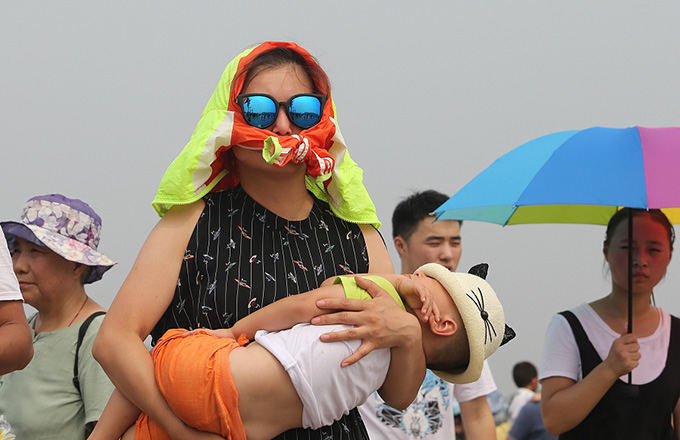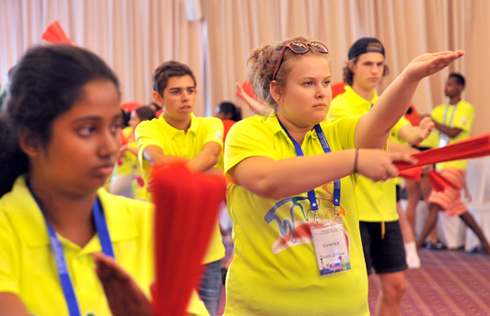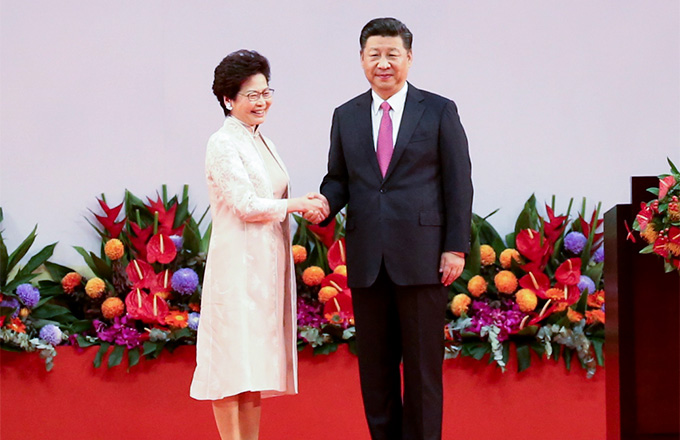Privately owned museums to get aid, supervision
The State will strengthen supervision of privately owned museums while also providing them with more support through favorable policies in taxation and subsidies.
The museums, opened by individuals or social organizations, are urged to adopt management councils and complete auditing systems, said Guan Qiang, deputy director of the State Administration of Cultural Heritage. Guan spoke on Thursday at a news conference in Beijing regarding a new State directive, released on Monday, encouraging the development of privately owned museums.
An investigation covering about 600 privately owned museums nationwide showed that three-quarters of them had not properly registered their collections as corporate properties, according to Guan. He emphasized that artifacts in such museums are not the personal property of the operators, but of the museum. Half of the museums also lacked proper financial management, he said.
"The rules and criteria of State-owned museums also apply to them," Guan said.
National guidance demands more rigid supervision from management boards in daily operations and decision-making. It also forbids board members or sponsors from removing collections if a museum closes.
"In that case, the artifacts will be transferred to other museums with similar goals," he said.
All museums serve the public interest, whether State-owned or not, Guan said.
Privately owned museums soon will be recognized as charity organizations so they can benefit from supportive policies such as preferential tax measures, subsidies for cultural industry development and reductions in operating costs, he said. The State will also help such museums obtain more support from their State-owned counterparts through joint exhibitions and training.
By the end of 2016, there were 1,297 privately owned museums on the Chinese mainland registered with cultural relics administrations, comprising about 26 percent of the country's museums.
"My individual ability is limited," said Fan Jianchuan, an entrepreneur who runs a museum complex in Chengdu, capital of Sichuan province. "We need the country to guide our long-term development in a right way. It cannot always rely on hobbies."
Of the total of 4,873 museums, more than 700 are rated as first-, second-, and third-tier museums nationally. But only 10 of those with the higher ratings, including Fan's, are privately owned, since the quality of such institutions as a whole is considered problematic.
Guan said 70 percent of the private institutions still focus on antiques, much like their bigger, State-owned counterparts. He said it would be better if they developed a unique focus in their collections, such as items related to folklore or modern art pieces, to complement State-owned institutions.

























